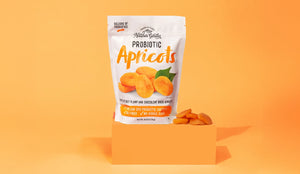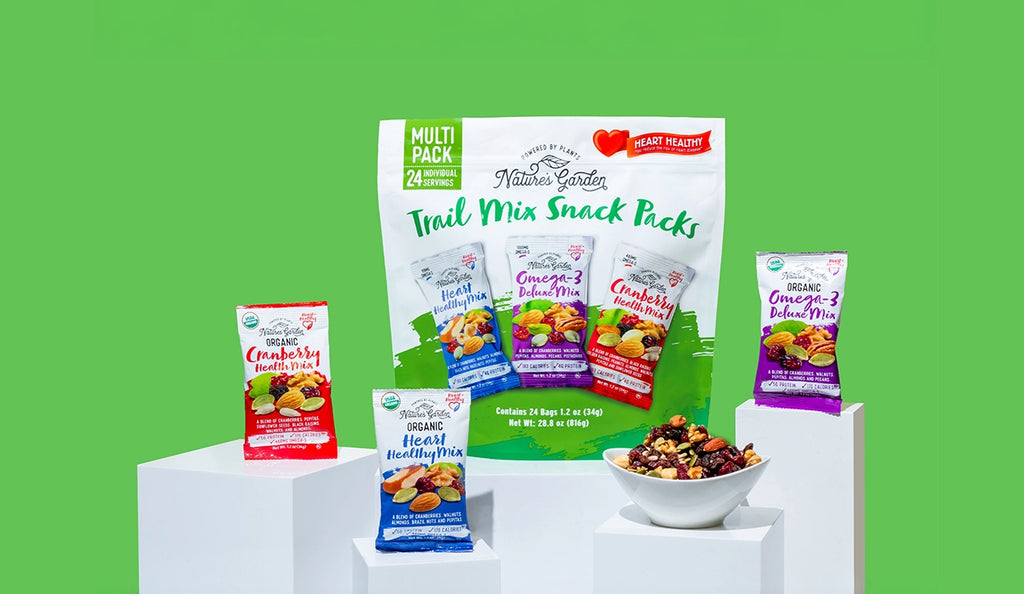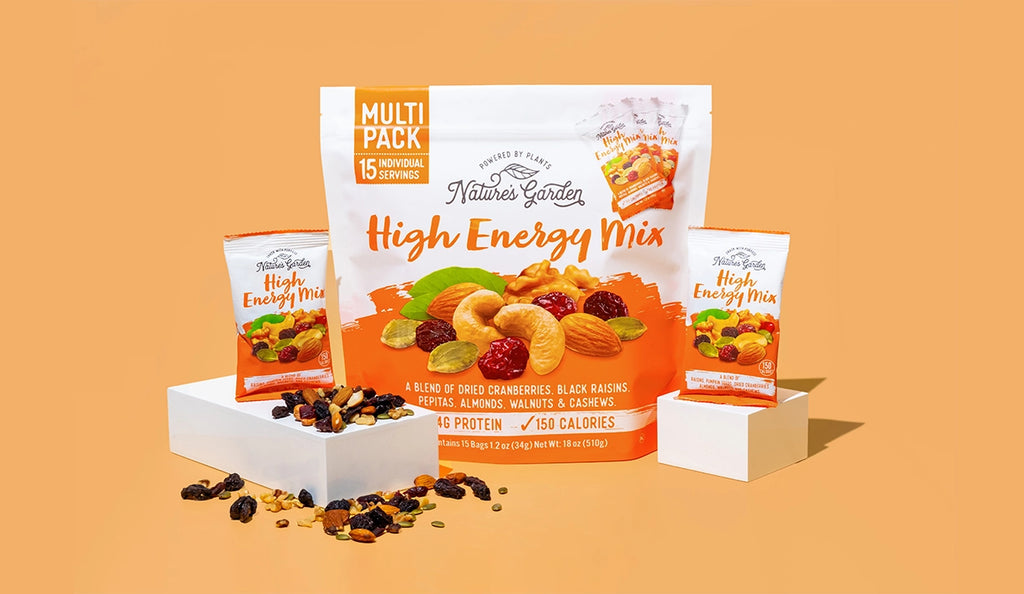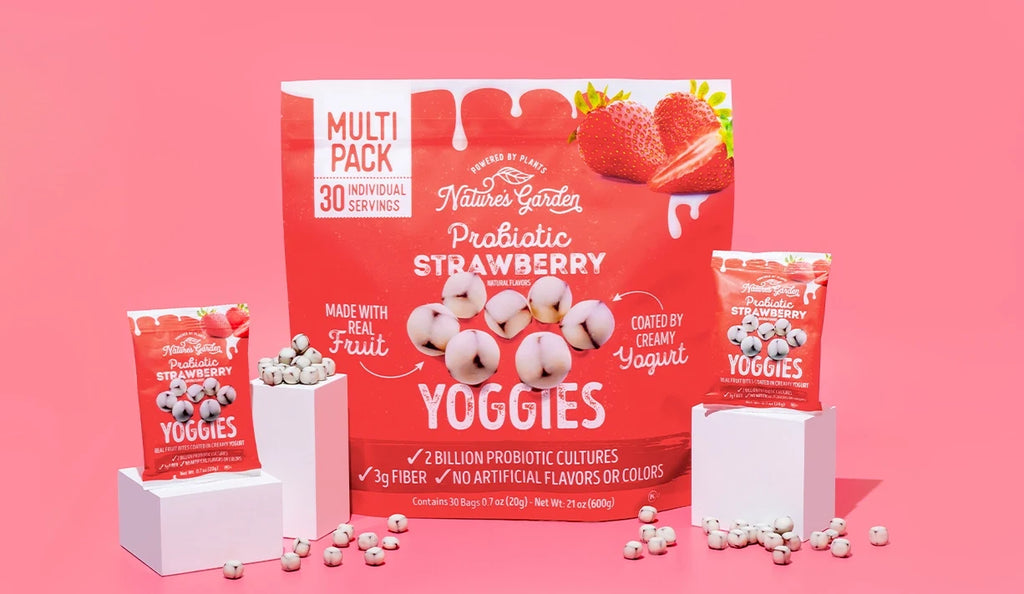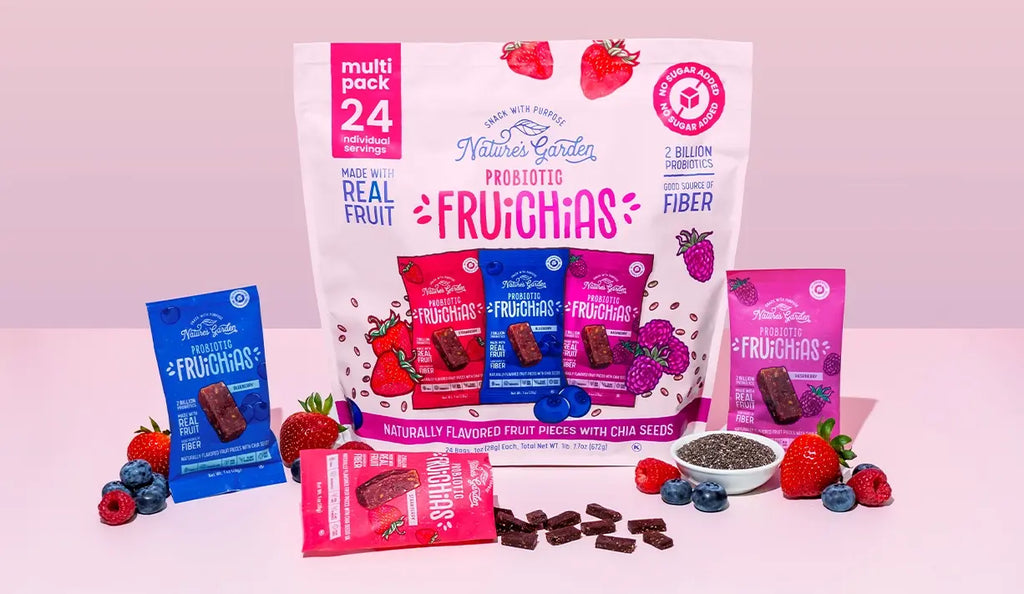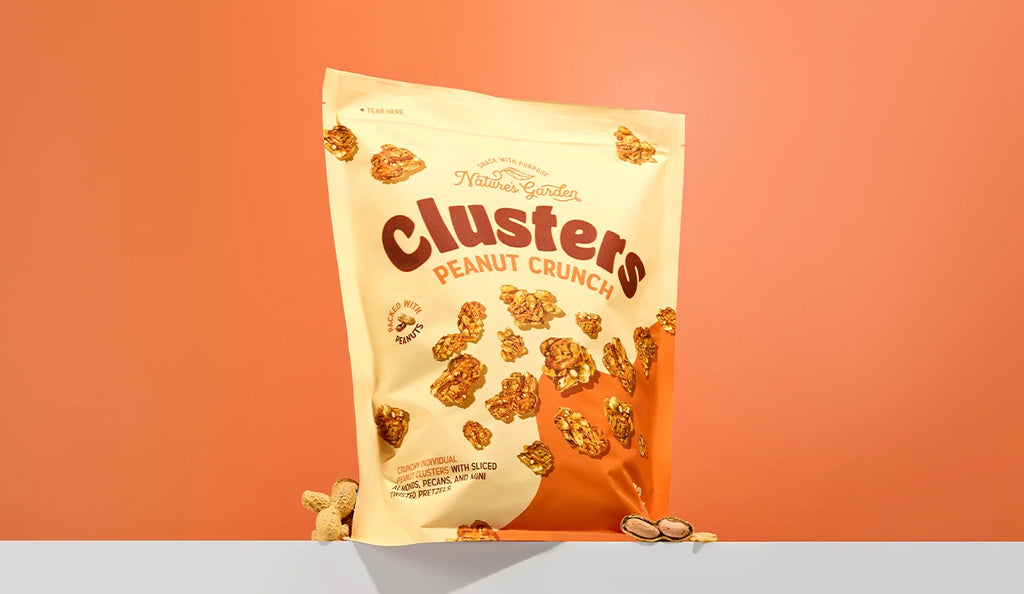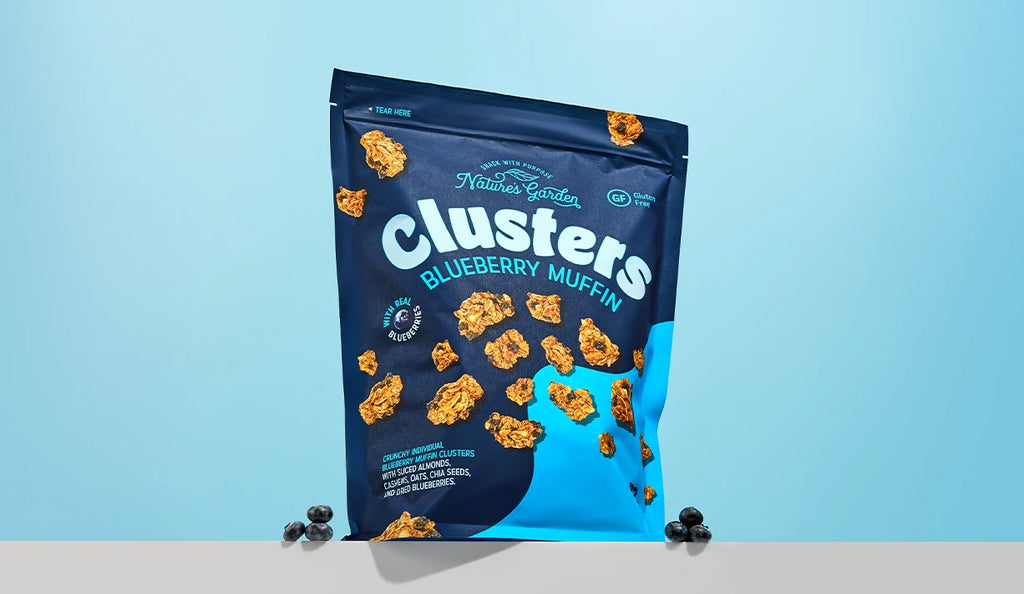Probiotics and prebiotics have been a trending topic for many years, but what is the reason for this? Many people have started to eat foods rich in prebiotics and probiotics to optimize their gut health and have even turned to supplements as well. Did you know that probiotic and prebiotic rich foods and supplements can have specific benefits for women’s health? In this article, we will highlight current scientific evidence about the benefits of prebiotics and probiotics for women at various stages of life, explain the importance of maintaining good gut health, and even offer some meal ideas. Here at Nature’s Garden, we value digestive wellness and immune health which is why many of our products contain probiotics. If you are a woman wanting to optimize your gut health, keep reading to find out more!
What is the Difference Between Probiotics and Prebiotics for Women’s Health?
Gut health plays a significant role in women’s health, especially as women transition through different stages of life.
Probiotics are live organisms that can improve and restore the gut microbiota. Some foods, like yogurt, kefir, sauerkraut, kimchi, and kombucha, as well as dietary supplements, naturally contain these microorganisms. Together, these activities improve immune system function, digestion, skin health, and mental health by influencing the gut brain axis.
Prebiotics are specific types of dietary fibers that support the growth of beneficial microbes in the gut, known as probiotics. Foods rich in prebiotics include oats, bananas, blueberries, asparagus, spinach, onions, leeks, garlic, and chia seeds.
- Digestive Health
Probiotics work by helping the gut microbiota return to balance, fostering the growth of healthy bacterial colonies, and increasing the amount of immune cells in the body. Research has shown that consuming prebiotics can help individuals have more regular bowel movements, and boost metabolism.
- Vaginal Health
The microbiome of the vagina is mostly composed of the bacterial species Lactobacillus. Taking antibiotics, hormonal changes, and sexual activity can disrupt this balance which can lead to conditions such as bacterial vaginosis and fungal infections. Regularly consuming a probiotic supplement containing Lactobacillus may help to restore the vaginal environment by increasing acidity and maintaining pH balance.
- Hormone and Reproductive Health
Recent studies have found that supplementation with probiotics can reduce fasting blood glucose, insulin levels and reduce insulin resistance in women with PCOS. Therefore, probiotic supplements or probiotic rich foods may be an effective treatment for improving hormonal imbalances for women with PCOS. Probiotics have also been shown to help regulate the reproductive tract of females positively influencing the health of pregnant women and their children.
What is the Gut Microbiome?
The gut microbiome is an important part of our metabolism through digestion and absorption of nutrients. It also plays a vital role in the development of one’s immune system. The diversity of the microbiome is partly hereditary, but also related to environmental factors. So what can cause a disarray?
Gut dysbiosis refers to an imbalance of microorganisms in the organism.
Intestinal disease is related to dysbiosis, and the changes in the composition of the microbiota in different areas such as intestinal, vaginal, and oral microbiota may contribute to the pathogenesis of diseases related to menopause such as osteoporosis, breast cancer, endometrial hyperplasia, periodontitis, obesity, and cardiometabolic diseases. Recent studies have revealed a direct relationship between menopause, microbiota,, and bone health, suggesting that prebiotics and probiotics in addition to calcium and vitamin D supplementation may help aid in the prevention and treatment for women suffering from osteoporosis.
Factors such as the composition of the food you consume, especially foods high in added sugars and not eating enough fruits and vegetables can inhibit your gut health. Additionally, early life experiences such as birth and feeding of babies, antibiotics, physical and mental stresses, injury, and poor sleep can, over time, work to create an imbalance in your gut. So how can you optimize your gut health? We have listed the top 10 ways below!
Top 10 Ways to Optimize Gut Health
- Increase the variety of vegetables, whole grains, legumes, and fiber-rich foods you consume
- Eat foods rich in prebiotics and probiotics or consume a daily supplement
- Maintain a regular eating schedule
- Limit foods high in added sugars
- Limit processed foods high in sodium
- Drink enough water every day
- Exercise regularly
- Spend time outdoors
- Reduce stress levels
- Get adequate sleep every night

Meal Ideas Including Prebiotics and Probiotics
|
Greek yogurt with flax seeds, bananas, and honey |
Whole wheat wraps with chickpeas, red peppers, cucumbers, and avocado |
Miso glazed grilled salmon with quinoa and asparagus |
|
Whole-wheat toast with almond butter, strawberries, and hemp seeds |
Quinoa salad with beets, chicken, green onions and sauerkraut |
Air-fried tempeh with a side of brown rice and broccoli |
|
Tofu scramble with spinach, tomatoes, and black beans |
Kale salad with apples, almonds, and shrimp |
Baked tofu with sweet potatoes and corn |
Are Postbiotics a Fad?
The scientific community has proposed names for inanimate bacteria and their components that offer health advantages, such as non-viable probiotics, para probiotics, ghostbiotics, heat-inactivated probiotics, or, most popularly, postbiotics.
It is evident that most probiotic products include dead microbes, but this does not imply that they are "postbiotics." As long as a product can supply the required amount of live cells to provide the anticipated health benefit, it is legitimately classified as a probiotic. Few studies have examined inanimate cells in probiotic products; therefore it is unclear how “postbiotics” contribute to improving overall health.
Consuming probiotics does have health benefits! Two of our products, Probiotic Apricots, and Probiotic Tart Cherries, are great additions to any meal or snack! They contain microencapsulated Probiotics, Lactobacillus Rhamnosus Gg and Saccharomyces Boulardii. To learn more about another one of our products, Probiotic Yoggies, check out our recent article to learn about the health benefits for your gut health. We hope you enjoy and start incorporating more gut-health friendly foods into your diet!
